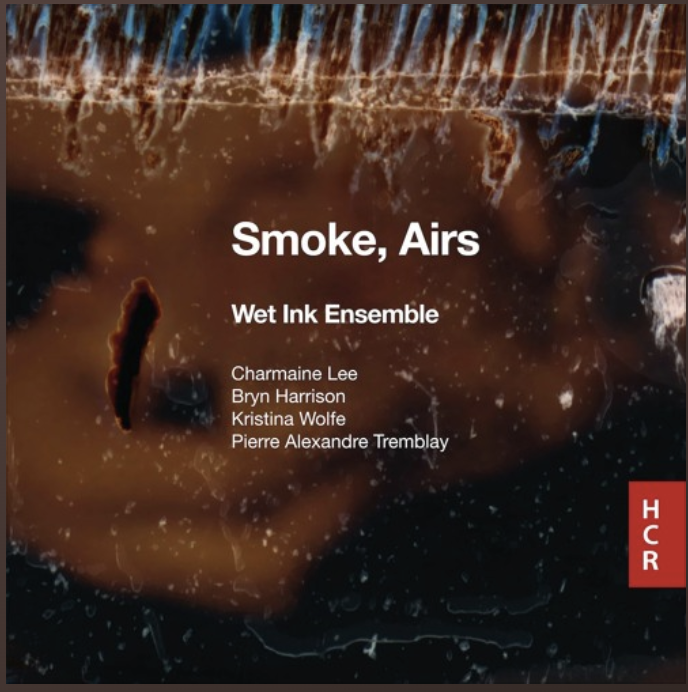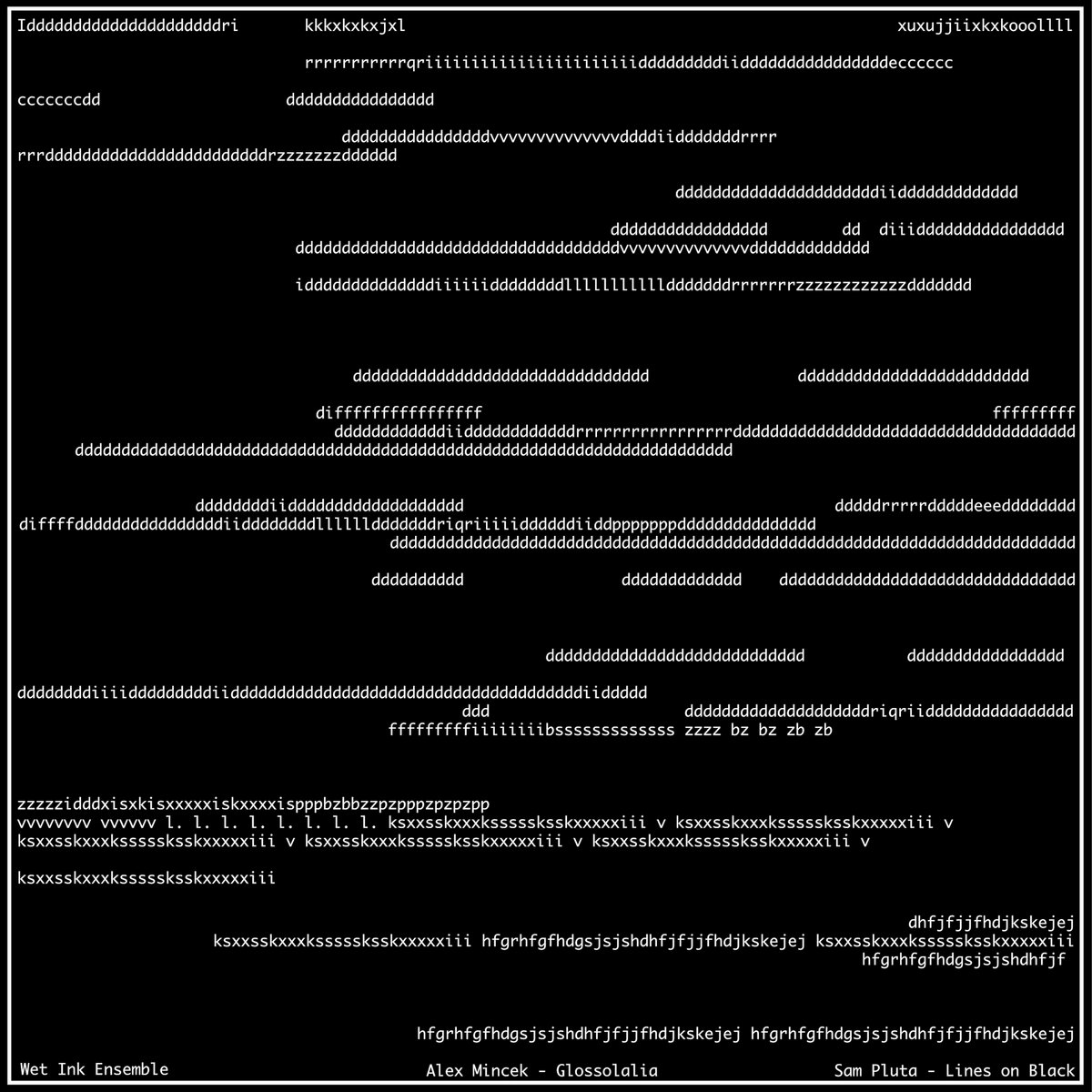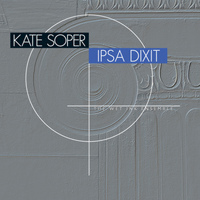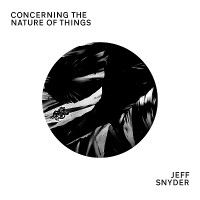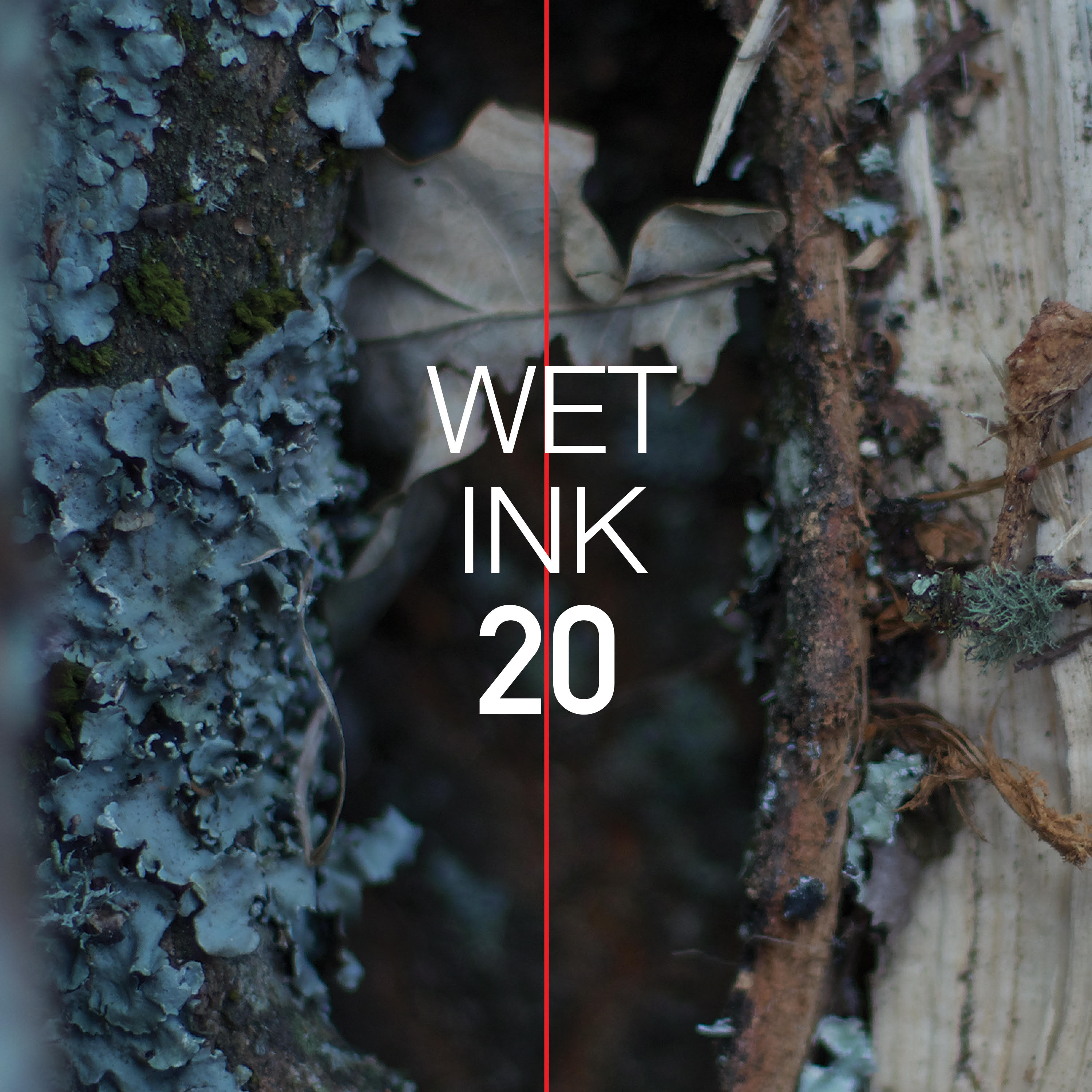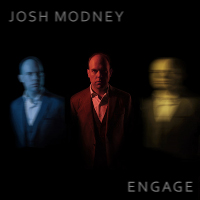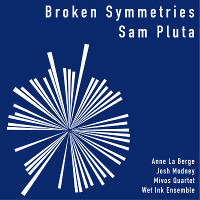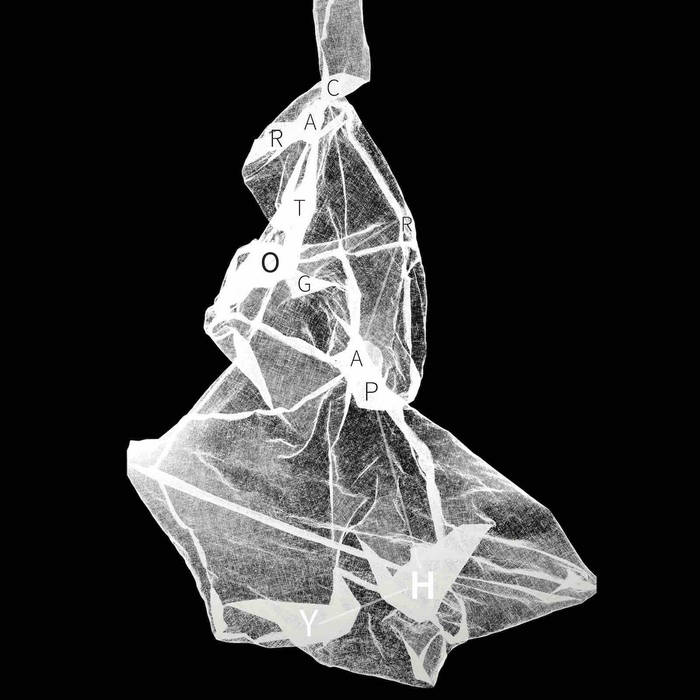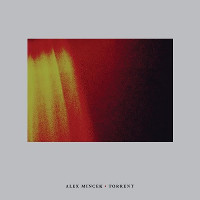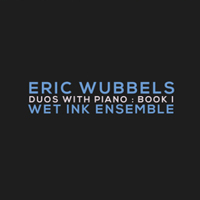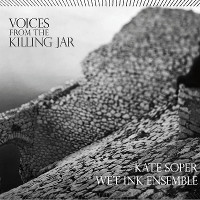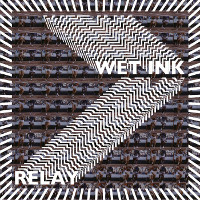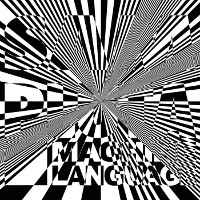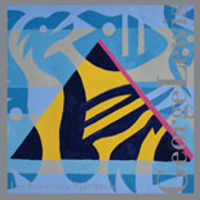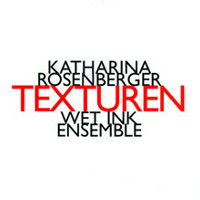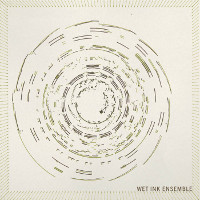GLOSSOLALIA / LINES ON BLACK
Lines on Black Lines on Black was written as a love letter to some of my favorite musicians on the planet, the composer/performer/improvisers of Wet Ink Ensemble. Each movement of the piece engages the musicianship and personality of individual members or small subsets of the ensemble, resulting in a music whose subject is as much the musicians playing it as it is the larger dialogic arc of the sonic structure. At the same time, the work is a large-scale fusion of all aspects of my compositional practice - rigorously notated scores, electro-acoustic improvisation, and fixed media composition - into a single 40 minute work. Lines on Black opens with a highly detailed "Duo" between Erin Lesser and Josh Modney. The notation employed allows these two virtuosi to bring all of their new music chops to the work, while also allowing them a certain level of freedom. The result is, while fully notated, a sonic world analogous to that often found in duo improvisation. Following this are two truly improvised movements, a piano solo by Eric Wubbels, who brings his incredible harmonic/gestural language to the work, and then an improvised voice and electronics duo that shows Kate Soper as someone as comfortable performing in an open setting as she is in her own highly structured works. In "Saxophone with Piano/Perc Duo" and "Cycle," a fully notated score for piano and percussion lays the groundwork for an increasingly active duo improvisation between Alex Mincek and myself, the culmination of which is an electronics solo over the top of a detailed ensemble texture. In "On/Off," the music suddenly switches direction, locking into a rigid 7 minute hocket, highlighting the virtuosic precision of Ian Antonio, Josh Modney, and Erin Lesser. "Canyon" is a fixed media movement, composed using sounds created on my analog synthesizer, with ensemble gestures emerging from the texture. Finally, the work ends with a virtuosic percussion solo performed by Ian Antonio with Josh Modney simultaneously improvising an intricate violin solo on top. Glossolalia Nonsense appears in a variety of contexts, including mystical and spiritual traditions in which various forms of gibberish are associated with expanding perception. Spells and incantations composed of nonsensical words suggest access to experiences outside our normal lives. Glossolalia, commonly described as "speaking in tongues," is a term originating from the Greek "glossa" (which means "language") and "lalia" (which means "speak”). Glossolalia is often characterized by accelerated speech output, with modified accents, comprised of unrecognizable vocal fragments. In the piece at hand, the concept of language is broadened to include modes of musical expression beyond linguistics – harmonic language, melodic language, rhythmic language, gestural language, instrumental language, etc – each subjected to the same types of modification (phonological, morphological, syntactic) found in linguistic glossolalia. In doing so, Glossolalia is a work focusing on the various ways our minds function to parse disparate streams, across disparate modes of variously recognizable, scrutable information/expression. It is a work intended to help us perceive our own mechanisms of perception, perhaps allowing us a better view of how we view.
